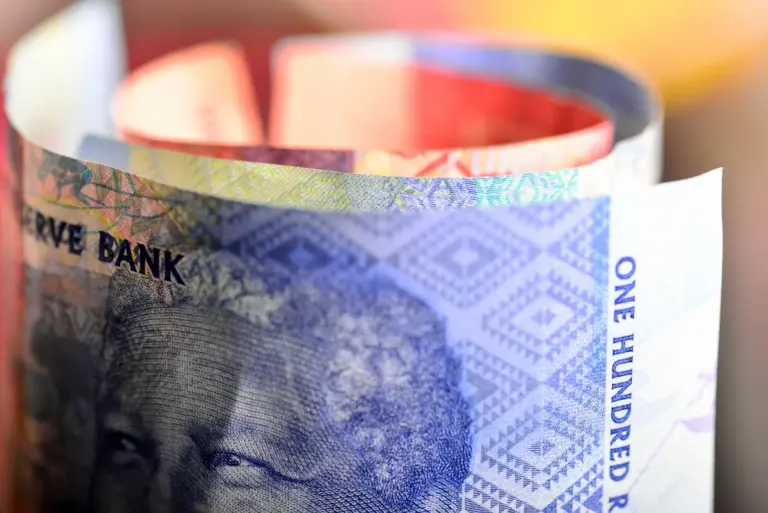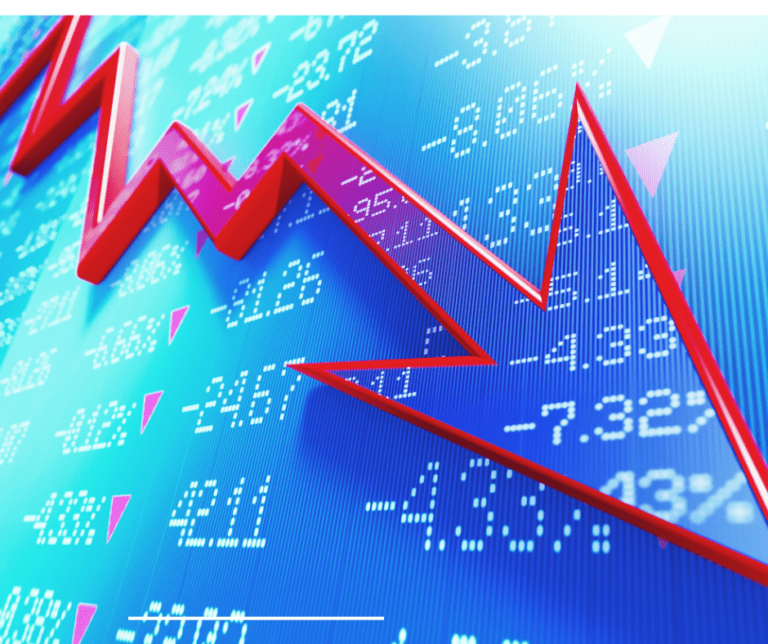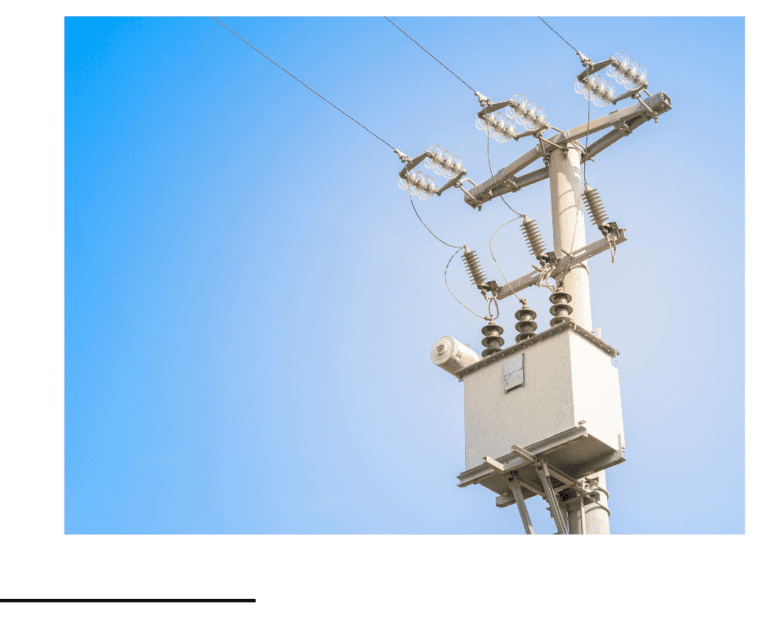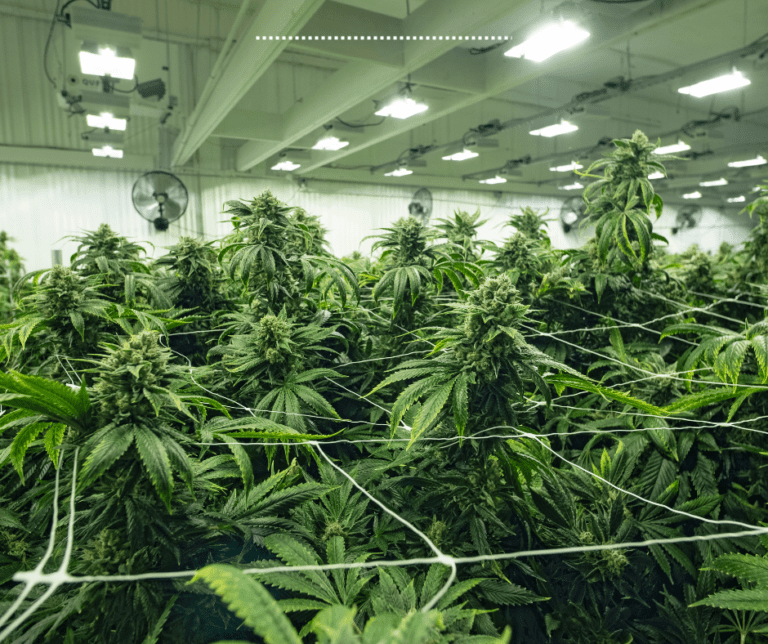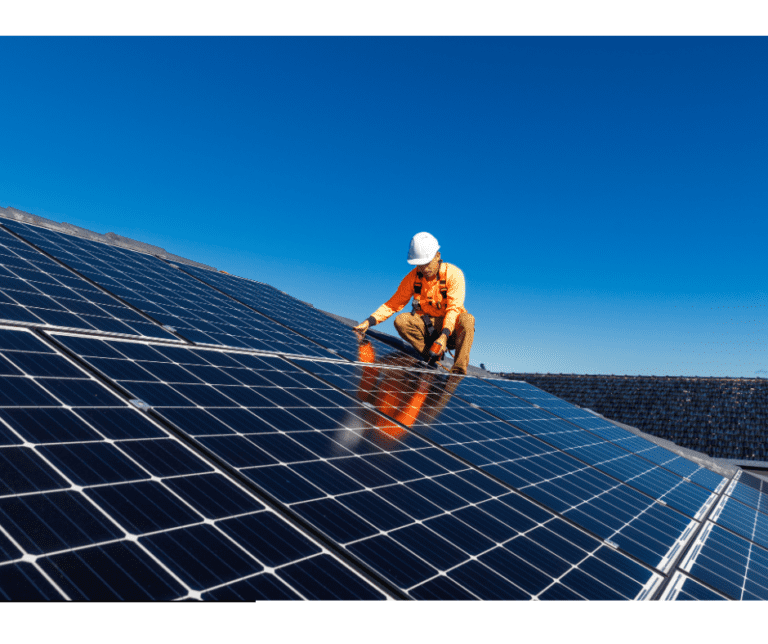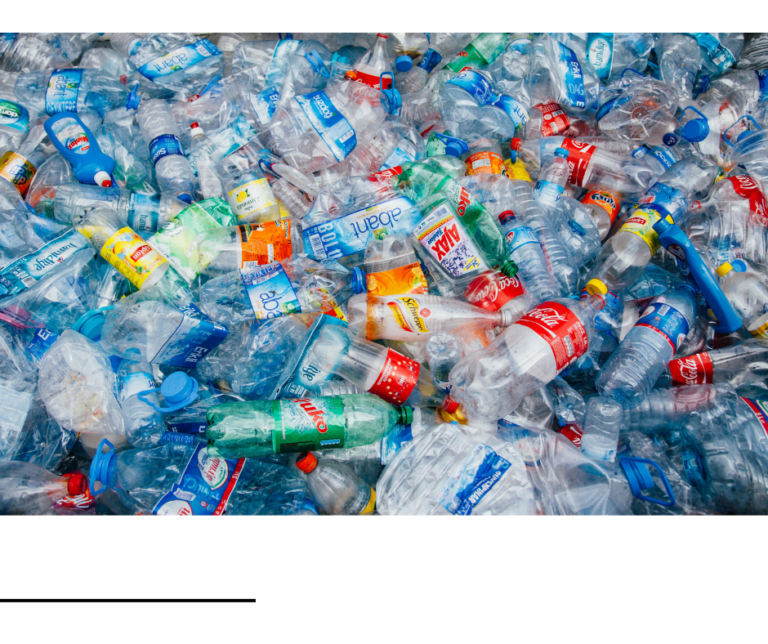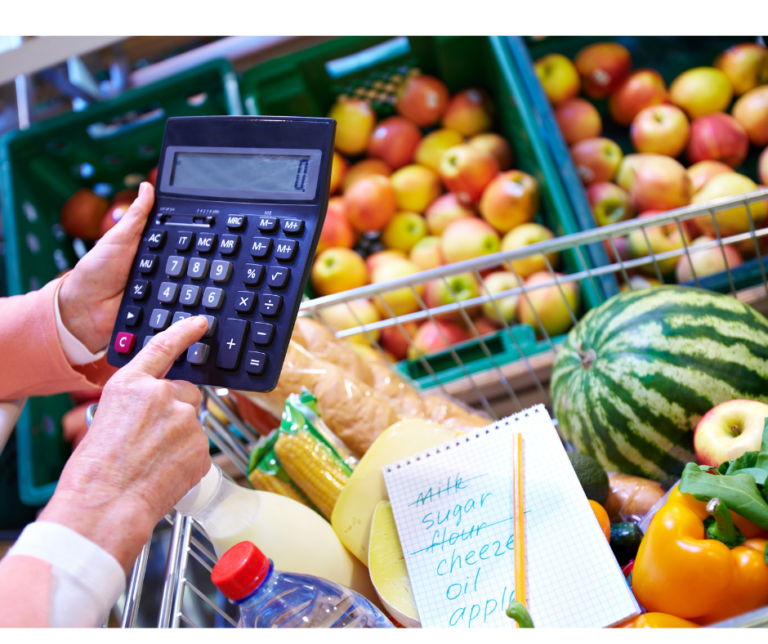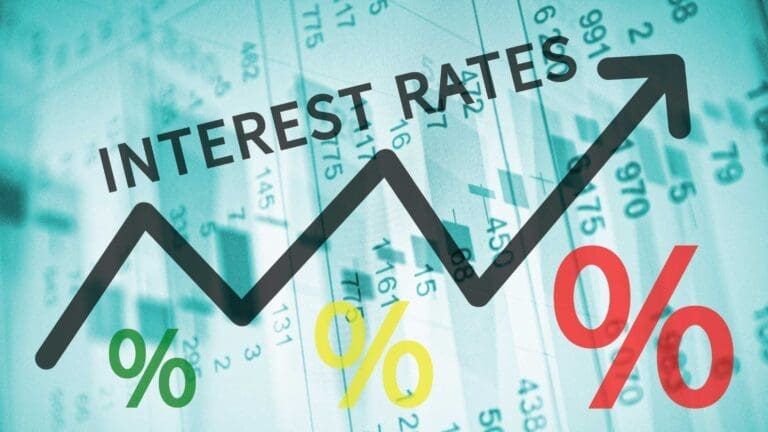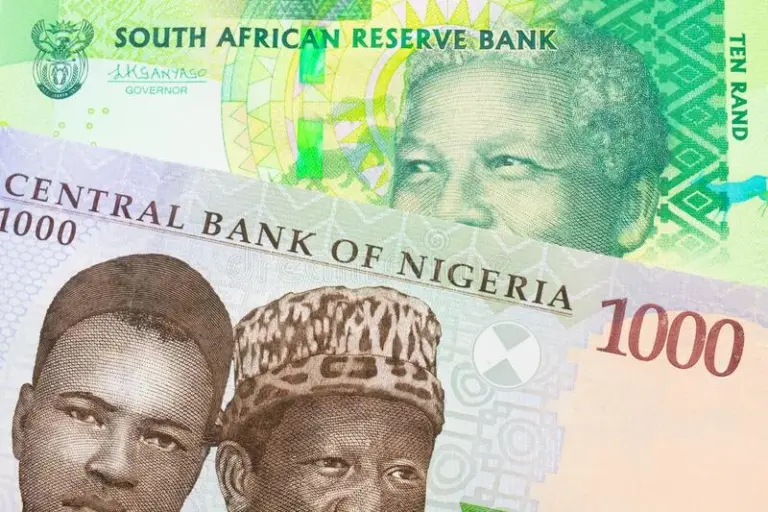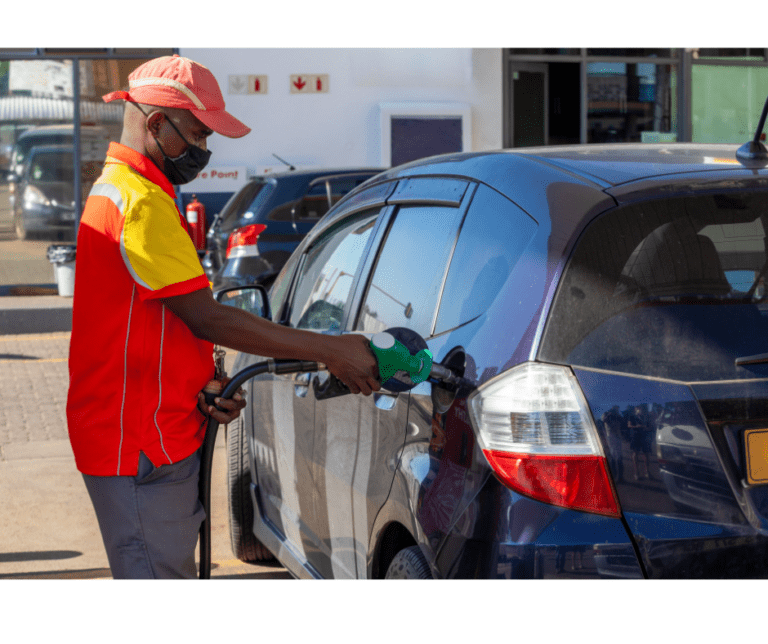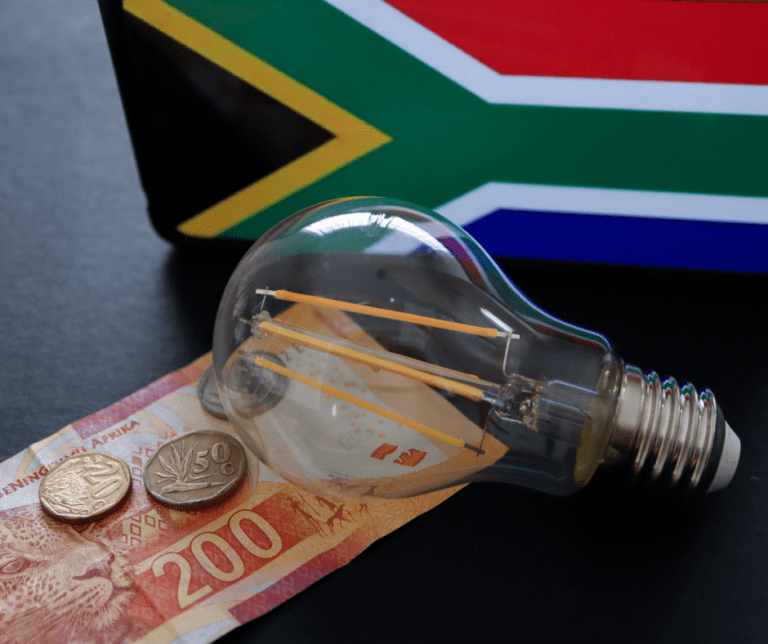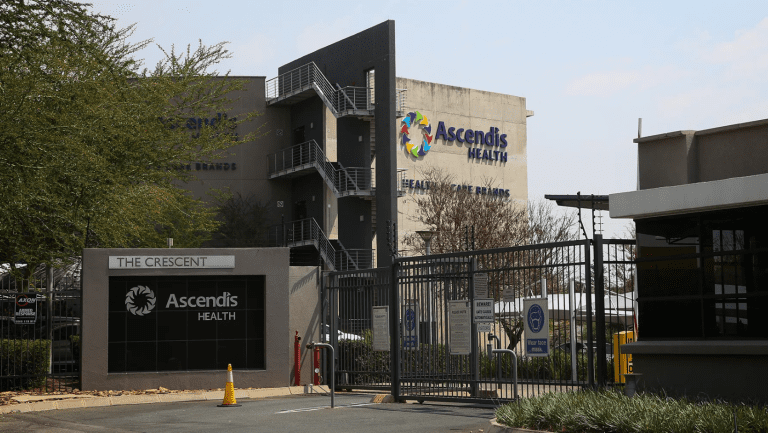In a promising turn of events, the South African Reserve Bank (SARB) has announced that the country’s energy outlook is improving at a quicker pace than previously anticipated. This optimistic forecast is attributed to not only the enhanced performance of Eskom but also, significantly, to a surge in private investment in renewable energy by both households and businesses. The SARB’s latest Monetary Policy Review for April 2024 indicates a notable reduction in the economic impact expected from load shedding, signaling a positive trajectory for South Africa’s growth prospects.
According to the SARB’s assessments, the adverse effects of load shedding on South Africa’s GDP are anticipated to diminish in the coming years. While the scheduled power outages continue to pose a significant challenge to the economy, the bank has revised its earlier projections downwards. Previously estimated to subtract 0.8 percentage points from GDP growth in 2024, load shedding is now anticipated to have a milder impact, reducing growth by 0.6 percentage points. This revision reflects a more optimistic outlook on the country’s economic performance amid improving energy availability.
The SARB’s confidence in the nation’s growth prospects is reinforced by the ongoing influx of private investments in renewable energy generation. As households and businesses increasingly embrace renewable energy solutions, the energy supply landscape is undergoing a transformation, bolstering South Africa’s resilience against power shortages. Moreover, Eskom’s intensified maintenance efforts and improvements in generation capacity further contribute to the positive momentum in energy availability.
Despite the SARB’s upbeat projections, global financial institutions such as the International Monetary Fund (IMF) remain conservative in their assessments of South Africa’s economic growth potential. While the IMF has revised its growth forecast for the country downward to 0.9% for the year, the SARB’s outlook remains comparatively optimistic, projecting a gradual increase in GDP growth to 1.6% by 2026.
Nedbank’s Guide to the Economy for April echoes the SARB’s sentiments, highlighting significant strides in power availability within South Africa. The bank acknowledges evidence of progress, noting a substantial reduction in load-shedding stages experienced throughout the year. This improvement is attributed to a combination of factors, including subdued electricity demand and the increased contribution of renewable energy sources to the national grid.
Notably, the surge in private investment in renewable energy has emerged as a game-changer in South Africa’s energy landscape. While Eskom’s efforts to enhance generation capacity are commendable, the substantial growth in private renewable electricity generation has been the primary driver behind the country’s improved energy resilience. Independent power producers have significantly expanded their contribution to the energy mix, mitigating the impact of Eskom’s supply constraints and reducing reliance on centralized power generation.
In 2023, Eskom’s electricity supply decreased by 7%, while that of independent power producers soared by 14.3%, underscoring the growing significance of private investment in renewable energy. As a result, the share of total electricity available for distribution from independent power producers rose to an average of 13.9% in 2023, marking a notable increase from 11.7% in 2022. These figures underscore the pivotal role played by private sector initiatives in bolstering South Africa’s energy security and fostering sustainable economic growth.
In conclusion, South Africa’s energy landscape is undergoing a significant transformation, buoyed by the combined efforts of Eskom and private investors in renewable energy. While challenges persist, including the lingering impact of load shedding on the economy, the SARB’s optimistic projections signal a promising trajectory for growth. As the nation continues to harness the potential of renewable energy sources, it stands poised to overcome energy constraints and unlock new opportunities for prosperity.




